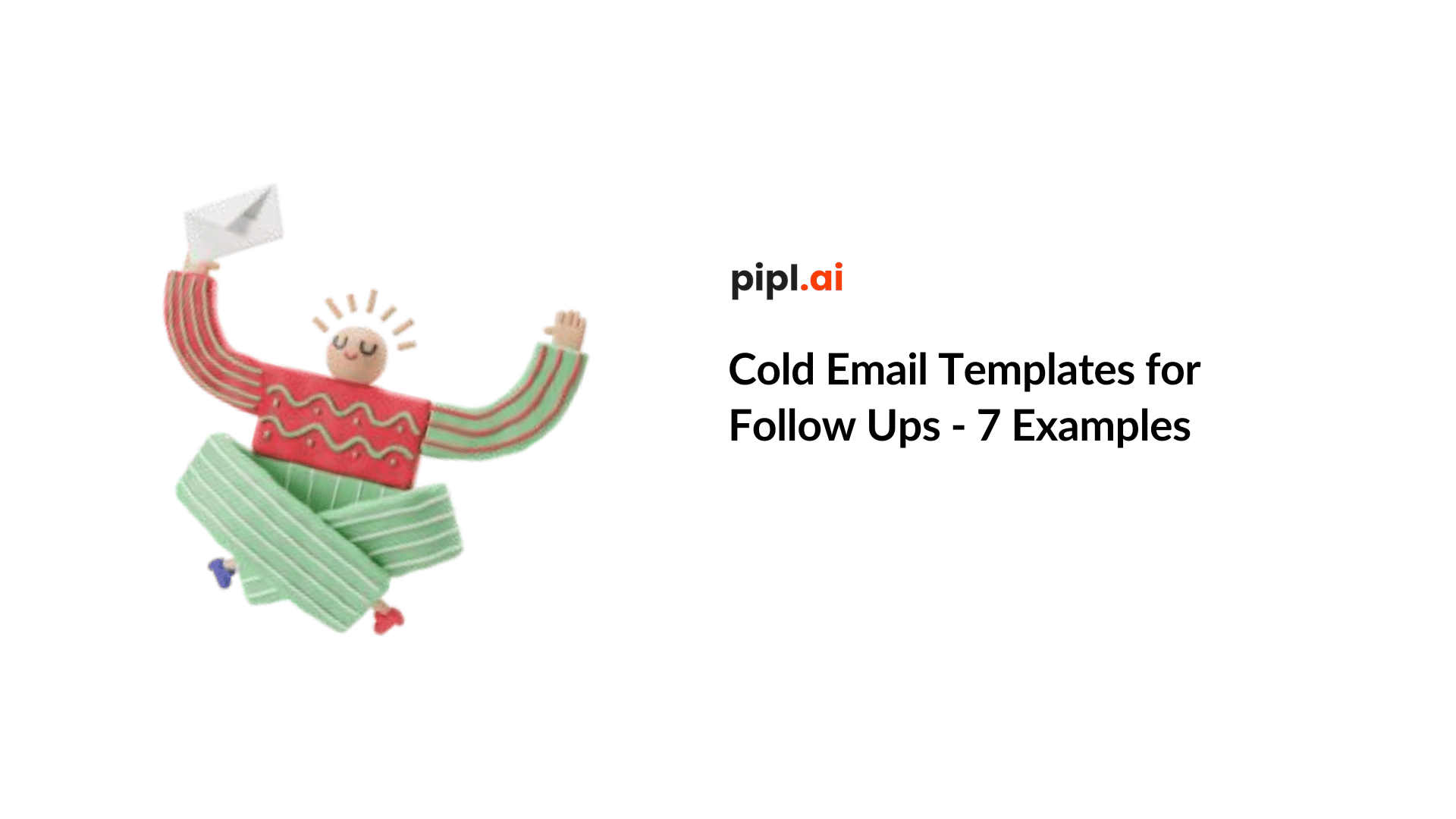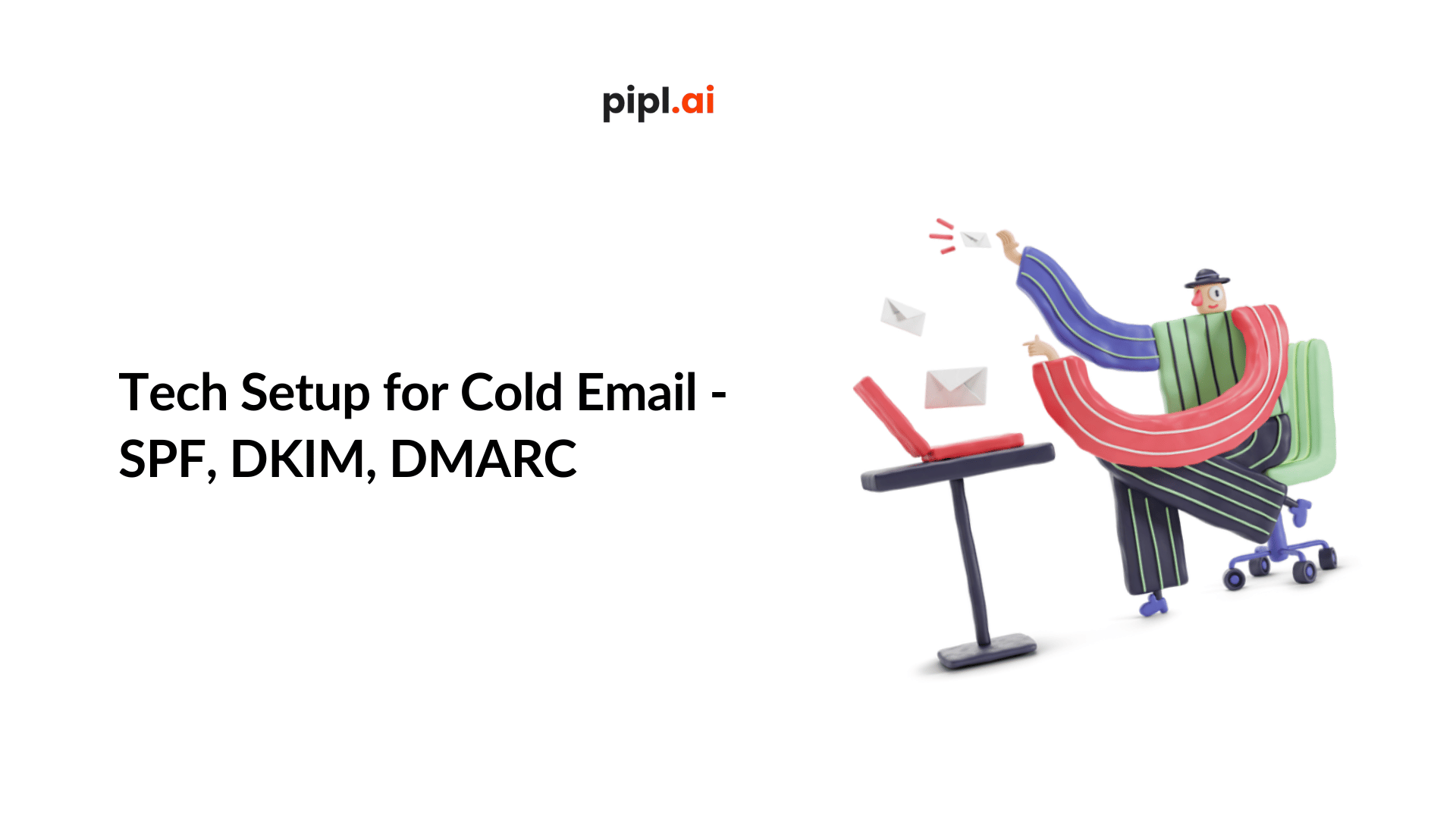An email AI assistant is a smart tool that essentially manages your inbox for you, acting like a digital executive assistant. These advanced ai email tools go way beyond a simple spell check—they can read, understand, categorize, prioritize, and even write entire email drafts on your behalf.
What Is an AI Email Assistant

Think of an AI email assistant as a personal communications strategist that lives right inside your inbox. Its main job is to learn your style, figure out your priorities, and automate all those repetitive tasks that eat up hours of your day. This kind of tech is a direct answer to the massive problem of inbox overload we all face.
This move toward automation isn't just a fleeting trend; it's a market that's blowing up. The AI powered email assistant market was valued at around USD 1.74 billion in 2024 and is expected to jump to USD 2.11 billion in 2025. That number alone shows just how fast businesses are getting on board with this technology.
How AI Transforms Your Inbox
At its core, an AI assistant for email uses complex tech like Natural Language Processing (NLP) to really understand the context and intent behind the messages you receive. This is what lets the tool handle tasks that, until now, needed a human touch.
For example, instead of you manually sifting through dozens of new emails every morning, an AI for email management system can automatically:
- Prioritize messages from important clients while setting newsletters aside for later.
- Summarize long email threads into a few quick, actionable bullet points.
- Draft context-aware replies based on what the original message was all about.
This kind of functionality turns your standard email client into a dynamic, proactive workspace. It’s no longer just a passive box for messages but an active partner in managing your day.
Before we dive deeper, let's look at some of the most common email headaches and how an ai email assistant is built to solve them.
How an AI Assistant Solves Your Biggest Email Problems
Seeing it laid out like this really highlights how these tools tackle the daily grind, turning frustrating tasks into automated processes.
An ai email assistant moves you from constantly reacting to your inbox to proactively controlling your communication. It’s the difference between being a firefighter putting out email fires and an architect designing a productive day.
More Than Just a Productivity Tool
While getting more done is a huge win, the best email AI tools also elevate the quality of your communication. They can analyze the tone of your drafts to make sure you sound professional and clear, which seriously cuts down on the risk of misunderstandings.
This is a game-changer in sales, where the right tone can make or break a deal. To see how this fits into the bigger picture, you can explore our guide on the role of artificial intelligence in sales.
Ultimately, whether you're looking for a feature-packed AI email app or a simple AI email assistant free option to test the waters, the goal is the same: to take back your time and focus from the never-ending demands of your inbox.
What Can an Email AI Assistant Really Do?

To really get what an email AI assistant can bring to the table, we have to look past the hype and see how these tools work day-to-day. These aren’t just small tweaks to your inbox; they’re a fundamental shift in how you manage your email. The best AI email assistant platforms are built around a handful of core features designed to give you back your time and make your communication sharper.
This isn't just a passing trend, either. The money flowing into this space is staggering. The global AI assistant software market was pegged at USD 8.46 billion in 2024 and is expected to rocket to USD 35.72 billion by 2033. That kind of investment doesn’t happen unless the tools are delivering real, game-changing value.
Let's break down the capabilities you'll actually use in modern email AI tools.
Intelligent Prioritization and Sorting
Think of this feature as a personal bouncer for your inbox. An AI for email management system doesn't just look at sender names; it analyzes incoming messages to understand their context and urgency, then sorts them for you. Over time, it learns who your most important contacts are and which subjects need your attention now.
This means your inbox goes from a chaotic firehose of messages to a neatly organized command center. High-priority emails from clients are right at the top, while newsletters and random promotions get filed away for later. For many, this is the first real step toward hitting the mythical "inbox zero."
Automated Drafting and Smart Replies
This is where the magic really happens. One of the most powerful features of any AI email app is its ability to write emails for you. You give it a simple prompt—like "reply to Mark and confirm the meeting for Friday at 2 PM"—and the AI spits out a complete, professional draft in seconds.
We're not talking about those generic, one-line canned responses, either.
The AI reads the original email to understand the full context, crafting a reply that’s genuinely relevant and personalized. It even picks up on your writing style, so the drafts it creates actually sound like you.
This is a massive time-saver for repetitive inquiries and follow-ups. If you're managing outreach campaigns, this feature can be a lifesaver. For instance, some platforms help build efficient AI-generated email campaign forms to handle the flood of responses. Digging into email follow-up automation shows just how much manual work this can eliminate.
Tone Analysis and Refinement
In email, how you say something is often just as important as what you say. An AI assistant for email acts like your own personal editor, giving your drafts a quick once-over for tone before you hit send.
- Professionalism: It’ll flag phrases that might come across as too casual or unprofessional for the situation.
- Clarity: The tool will suggest tweaks to make your message more direct and less likely to be misunderstood.
- Friendliness: It helps you find that sweet spot—sounding approachable and human without being overly familiar.
This is an absolute must-have for anyone in sales, customer support, or any role where clear, effective communication can make or break a deal.
Email Summarization
We’ve all been there—staring down a massive email thread that’s been going back and forth for days. It’s a total productivity killer. An email client AI cuts right through the noise by giving you a quick summary of the entire conversation.
With just a click, it can boil down a 20-message chain into a few key bullet points, calling out decisions, action items, and important files. This lets you get up to speed on a project or client's history in minutes, not hours.
The Real-World Benefits of Using an AI Assistant for Email

Let's be honest, bringing an email ai assistant into your daily grind does a lot more than just tidy up your inbox. The biggest win? You get your schedule back. Seriously. By handing off all those routine email tasks—drafting replies, sorting messages, scheduling follow-ups—you reclaim hours you thought were gone forever.
This isn't just about having more free time. It's about redirecting that energy toward the strategic work that actually pushes your business forward. Instead of constantly reacting to a flood of messages, you can finally get proactive with high-impact stuff like landing new clients, hashing out product ideas, or leading your team. An ai assistant for email essentially buys back your most valuable asset: time.
Improve Communication Clarity and Consistency
One of the first things you'll notice with good ai email tools is how much better your communication gets. Smart suggestions and real-time tone analysis act like a safety net, catching those awkward phrases or potential misunderstandings before they cause real problems with clients or colleagues. An ai powered email assistant helps make sure every message you send is clear, professional, and right for the situation.
This is a game-changer for teams that need to maintain a unified brand voice. The AI helps keep everyone's communication consistent, which is a massive part of building trust and making your brand recognizable.
An email client ai doesn't just manage your inbox; it elevates the quality of your interactions. By reducing ambiguity and ensuring a professional tone, it minimizes the risk of miscommunication that can damage relationships and slow down projects.
Finally Achieve Inbox Zero
"Inbox Zero" sounds more like a myth than a real goal for most of us, but an ai for email management system actually makes it possible. It intelligently prioritizes, archives, and summarizes messages, cutting through the mental clutter and stress that comes with a perpetually full inbox.
Getting to a clear inbox isn't just about being organized; it's about reclaiming your focus. We all know how email overload leads to burnout and kills productivity. The best ai email assistant tackles that problem head-on.
For sales pros, this kind of efficiency is non-negotiable. You can learn more about how to apply these ideas in our guide to https://www.plusvibe.ai/blog/cold-email-automation. To see the bigger picture, check out the wider benefits of business automation. This shift lets you approach your work with a clear head, knowing nothing important has slipped through the cracks.
How Different Professionals Use an AI Email App
An email AI assistant isn't a one-size-fits-all gadget. Its real magic happens when it's put to work solving the unique headaches that come with different jobs. An AI email app truly proves its worth when it stops being a novelty and starts turning a chaotic inbox into a genuine strategic advantage.
Let's break down how a few different pros are using these smart tools to get more done and make a bigger impact. The use cases are just as varied as the people relying on them.
For Ambitious Sales Teams
In sales, time is everything. Every single email could be the one that sparks a conversation or closes a deal. This is where an AI assistant for email becomes less of a tool and more of a partner in crime for managing relationships and pushing opportunities forward.
Instead of getting bogged down writing the same follow-up for the twentieth time, a rep can let the ai email assistant generate personalized outreach messages that don't sound like they came from a robot.
This is where the best AI email assistant really shines. It can:
- Summarize Client Interactions: Got a big call coming up? The AI can quickly scan past email threads and give you the cliff notes on a client's history and pain points. No more frantic searching moments before you dial.
- Draft Personalized Follow-ups: The tool can whip up context-aware follow-ups that actually reference things you've already talked about. This makes every touchpoint feel intentional and personal.
- Schedule Reminders: It can automatically ping you to follow up on a proposal you sent last week or check in with a lead that's gone cold, making sure nothing important slips through the cracks.
By taking over these repetitive—but critical—tasks, an AI powered email assistant gives sales teams their time back to do what actually moves the needle: building rapport and closing deals. You can dig even deeper into how this works by exploring concepts like AI for sales prospecting.
For Organized Project Managers
Project managers are professional jugglers. They're constantly keeping track of a dozen moving parts, stakeholder demands, and deadlines that always seem to be approaching too fast. Their inbox is the chaotic center of it all—a constant stream of status updates, questions, and fires to put out.
An AI for email management system is what brings some much-needed order to that chaos.
A project manager's inbox is the central nervous system of their project. An ai email assistant acts as the brain, processing all the incoming signals, flagging what's urgent, and making sure the right messages get to the right places.
A smart email client AI helps by doing the grunt work of information extraction. It can scan an update from a team member, pull out the key action items, and pop them right into a to-do list or your project management software. It also learns to recognize messages from key stakeholders, pushing them to the top of the pile so you never miss a critical update.
For Efficient Customer Support Agents
Customer support agents are on the front lines, dealing with a flood of inquiries that are often asking the same things over and over again. The pressure to be fast, accurate, and empathetic all at once is intense. This is an area where email AI tools can be a game-changer for both the agent's sanity and the customer's satisfaction.
A support-focused AI email assistant can step in to:
- Generate Empathetic Replies: It can draft answers to common questions, but it does so using a helpful and understanding tone that you've trained it on, keeping your brand voice consistent.
- Triage Incoming Tickets: The AI can read an incoming email, figure out what it's about and how urgent it is, and then automatically route it to the right person or department.
- Suggest Knowledge Base Articles: When a customer asks a question, the tool can instantly suggest a few relevant help articles, letting the agent solve the ticket in seconds with a helpful link.
By automating the routine stuff, the AI frees up agents to focus their brainpower on the tricky, nuanced problems that really do need a human touch. This doesn't just lead to faster resolution times; it cuts down on agent burnout, which makes for a better experience for everyone involved.
How to Choose the Best AI Email Assistant
Picking the right email AI assistant can feel like a chore, but if you focus on a few key areas, the decision gets a lot simpler. The best tool should feel like a natural part of your workflow, not another clunky platform you have to wrestle with every morning. Your real goal is to find an AI assistant for email that slots right into your existing setup and actually makes your day easier.
This is a bigger deal than ever, especially since the market for these tools is exploding. The global AI assistant market is expected to jump from USD 3.35 billion in 2025 to a massive USD 21.11 billion by 2030. This growth is all about businesses hunting for specialized AI that gets their specific needs, a trend you can dig into by reading more about the growth of the AI assistant market.
Seamless Integration and Compatibility
First things first: the best AI email assistant has to play nice with your current email client. It doesn’t matter if you’re a die-hard Gmail user, live in Outlook, or use something else entirely—the integration needs to be so smooth you forget it’s even there. A good email client AI should feel like a native feature, not some awkward add-on that gets in your way.
Also, check if it connects with the other tools you use every day, like your CRM, project management software, or calendar. The more it plugs into your existing tech stack, the more you’ll get out of it. The last thing anyone needs is another isolated app that doesn't talk to anything else.
Personalization and Learning Capabilities
A truly great AI-powered email assistant goes way beyond generic, fill-in-the-blank templates. It should actually learn from you. The top AI email tools analyze your sent messages to pick up on your unique tone, word choices, and sentence structure. This is how your emails stay authentically you, even when they’re getting a little help from AI.
The real test for any AI for email management is simple: can your colleagues or clients even tell you’re using it? The goal is to capture your voice, not replace it with a generic robot.
This ability to learn and adapt is what keeps your relationships strong. An assistant that gets the difference between a formal proposal to a new client and a quick check-in with your team is worth its weight in gold.
This chart gives you a quick visual on the key metrics you’ll want to balance when comparing different tools on the market.

It really comes down to a trade-off. You'll need to figure out the right mix of cost, time savings, and accuracy that makes sense for your own workflow.
To give you a better idea of how different tools stack up, here’s a side-by-side look at some common features.
Comparing Top AI Email Assistant Features
This table offers a snapshot comparison of popular AI email tools, measured against the most important selection criteria we've discussed. It's designed to help you quickly see how different platforms might fit your needs.
As you can see, the "best" option really depends on what you value most. Tool A offers deep integration and learning but costs more, while Tool B is a budget-friendly choice for Gmail users who don't need direct CRM sync. Tool C offers broad compatibility but lacks some of the smarter features.
Security and Privacy Policies
Let’s be honest, giving an app access to your entire inbox is a big step. That’s why security isn't just a feature—it's a dealbreaker. Make sure you read the provider's privacy policy closely. You're looking for things like end-to-end encryption and clear statements about how they handle your data. Good companies are upfront about their security and won't use your emails to train their AI models without your permission.
A trustworthy AI email app will always put protecting your sensitive info first. Don't hesitate to look for security certifications and ask questions about their data practices before you sign up. And as you build out your outreach process, you might also want to check out our guide on finding the right email warm-up service to keep your deliverability high.
Pricing Models and Scalability
Finally, you have to think about the cost. A lot of providers have an AI email assistant free plan, which is a great way to kick the tires and test out the basic functions. But for serious, everyday use, you’ll probably need a paid plan to get the good stuff—like advanced features, more usage, and better integrations.
Look at how they structure their pricing. Is it per user? Based on a set of features? Or do you pay for what you use? You’ll want to find a model that fits your budget today and can grow with you down the road.
Got Questions About AI Email Assistants?
It's smart to have questions when you're looking at bringing any new tech into your workflow, especially something as powerful as an email AI assistant. Getting straight answers is the best way to feel good about making these AI email tools a core part of how you work. Let's tackle a few of the most common ones we hear.
How Secure Is My Data with an AI Email Assistant?
This is a big one, and for good reason. Any reputable provider of AI for email management knows their business lives or dies on trust. They treat your data like gold, using top-tier security measures to keep your information locked down and private.
When you're checking out an AI email app, make sure you see these commitments:
- End-to-End Encryption: This is non-negotiable. It means your emails are scrambled and unreadable to everyone except you and your recipient—including the company providing the service.
- Airtight Privacy Policies: The provider needs to be crystal clear that they won't sell your data or use your private emails to train their models unless you say it's okay.
- Security Certifications: Look for badges of honor like SOC 2 or GDPR compliance. These show they've passed rigorous, independent security audits.
The best AI email assistant platforms are built on a foundation of trust. They get that their entire reputation is on the line, making top-notch security their absolute priority.
Can an AI Really Learn to Sound Like Me?
You bet it can. Honestly, this is one of the most mind-blowing parts of a modern AI powered email assistant. These aren't just fancy template-fillers. They become your digital twin, learning your unique communication style to keep every message authentic.
It’s a pretty simple process, really. The email client AI just reads your sent folder. It analyzes the words you use, how you build your sentences, your go-to phrases, and the general vibe of your writing.
The more you use the AI assistant for email, the more it learns from you. Over time, it gets scary good at mimicking your personal voice, making sure even the AI-drafted replies feel like they came straight from you.
Should I Choose a Free or Paid AI Email Tool?
This one really boils down to what you need and how much you'll be using it. There's a place for both the AI email assistant free versions and the paid plans.
A free plan is a great way to dip your toes in the water. If you're an individual or just want to see what the fuss is about, it's perfect for trying out basic features like simple reply suggestions or summarizing long threads. No strings attached, just a chance to see if email AI tools click with your workflow.
But for sales pros, teams, and any business that's serious about growth, a paid plan is pretty much always the right move. Paid subscriptions are where you find the features that actually move the needle on productivity. We're talking about things like:
- Unlimited email drafting and summaries.
- Deep connections to other tools you use daily, like your CRM.
- Smarter personalization and features built for team collaboration.
- Jump-the-line customer support and even better security.
Starting free helps you see the value, but a paid plan is what really unlocks the full potential of an email AI assistant.
Ready to turn your inbox from a chore into your secret weapon? PlusVibe uses advanced AI to automate your cold outreach, making sure your messages are personalized, professional, and get responses. Discover how PlusVibe can supercharge your email strategy today.














































.jpeg)








.png)




















































